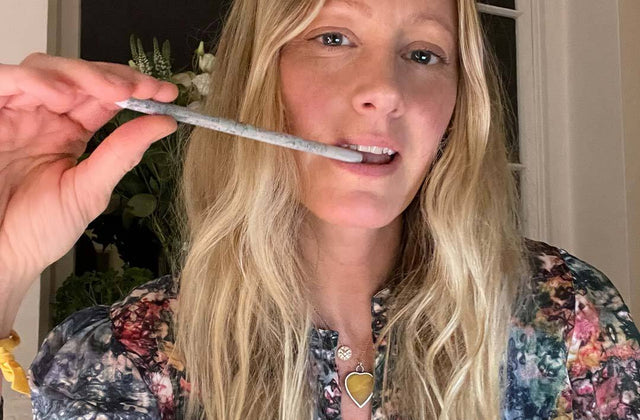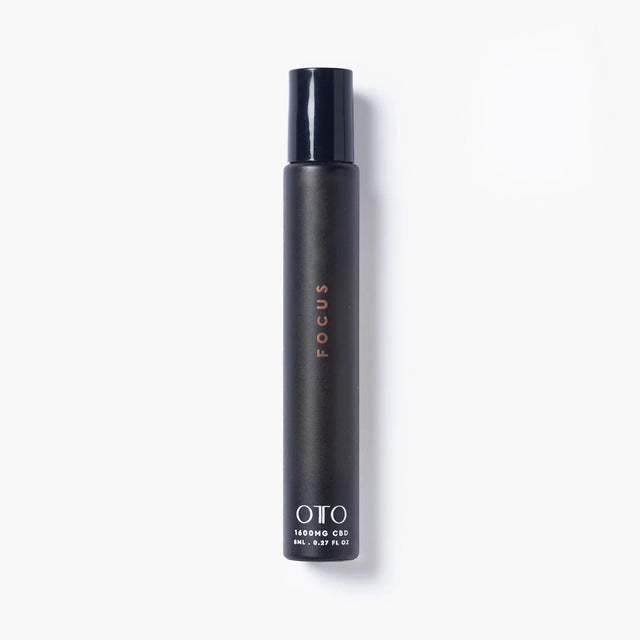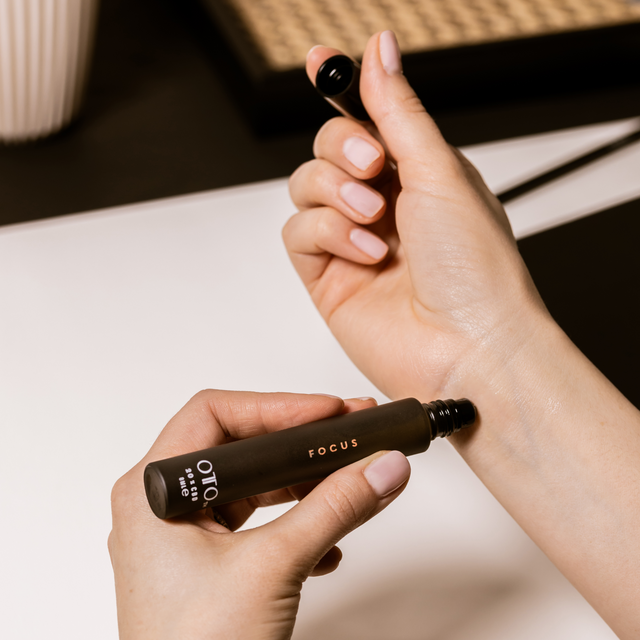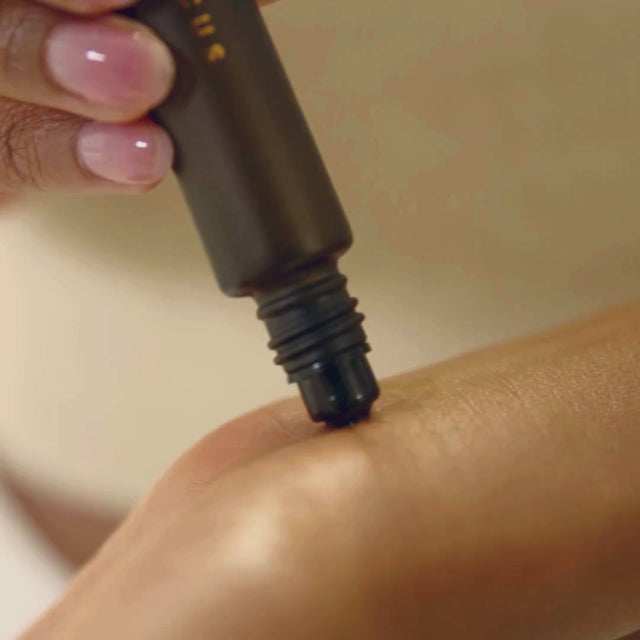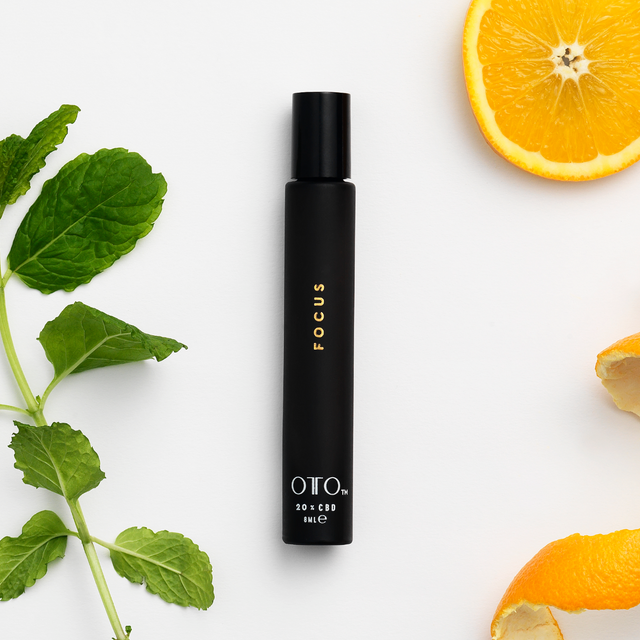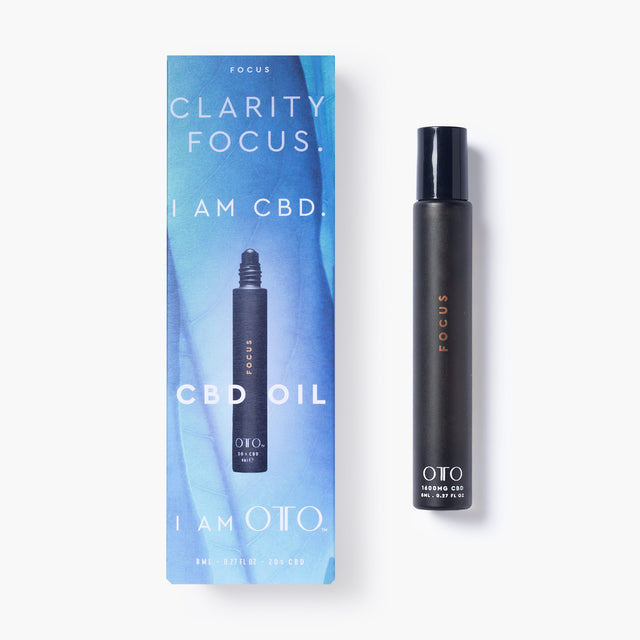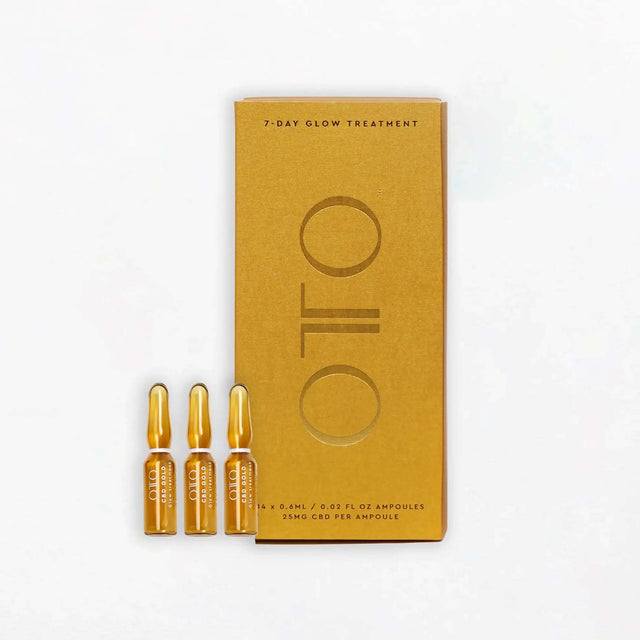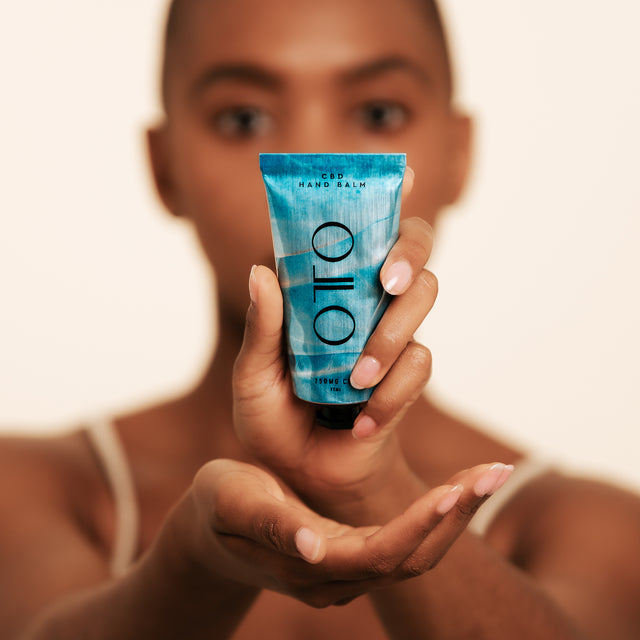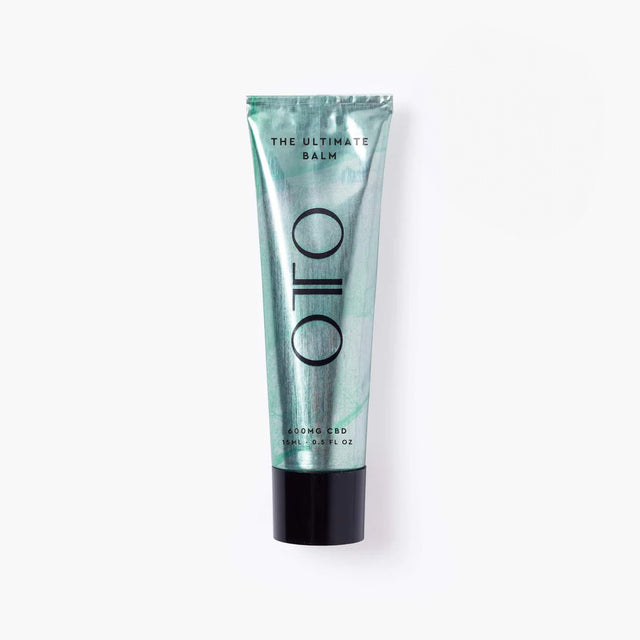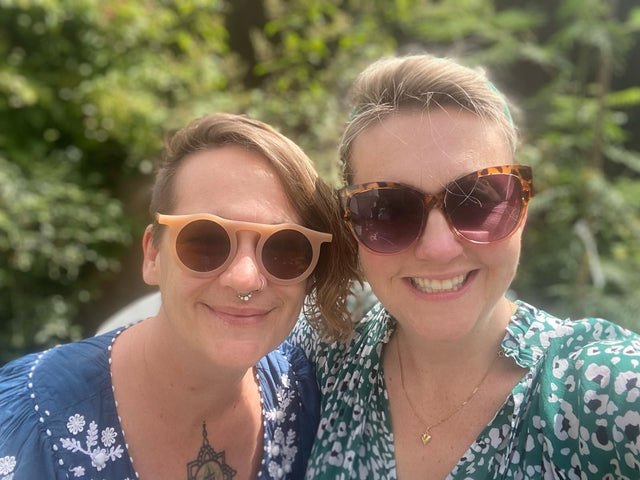Lisa Oxenham's transformative discovery of journaling
Regularly writing a journal can be a powerful tool to set intentions and to process emotions. Here, wellbeing editor Lisa Oxenham explains how practising journaling daily has helped her to navigate this uncertain time with more confidence…
Despite having heard a lot about the benefits, making time to journal was always at the bottom of my list of priorities. I’m a working single mum, and what with juggling my job and caring for my daughter alongside a lengthy house renovation, my ‘me’ time always took the form of a jog or bath and to be entirely honest I was happy if I could squeeze either into a busy day.
When the third lockdown hit, I found myself struggling to manage the impending sense of doom and stress at being stuck indoors and isolated again, and I found my mind returning to the words of journaling devotees, who’d told me that it acts as more than a daily check-in but also helps to detect unhealthy patterns in thoughts and behaviours, puts things in perspective, and joins the dots between thoughts, feelings, physical sensations, and behaviours by bringing the analytical, rational left side of the brain into harmony with the creative right side, which is given freedom to dream and play.

I picked up a pen and my London Velvet leather bound journal (that comes in a set with OTO CBD Focus 20% Roll On) and started doing it daily, and the results have been noticeable, with the best shift being feeling more positive and less anxious, which means I can find peace and balance during a tumultuous time. Generally, I sleep better, because my worries have reduced and I'm more organised so when I'm trying to nod off at night my mind isn't racing with a whole load of anxieties. The main thing is that journaling gives me a chance to properly process what is happening around me. Every day there seems to be another big change in my life, and this is my opportunity to write down my honest feelings and help me to regulate my emotions in time for the following day.

Want to try it yourself? Here are some journaling tips I found helpful:
PICK YOUR TIME, AND TRY TO STICK TO IT. When you write may have more of an impact than you think. Try the morning to provoke, prioritise and synchronise the day ahead (this is also the time associated with more creative thinking, with the brain's inhibitory processes still weak), or at night to process the day's events, feelings and experiences.
RELAX. It is important to feel relaxed before you start writing. If you struggle, practise a good relaxation technique like meditation or breathing exercises. I always take a bath before writing at bedtime. Try using OTO Focus Roll On on your wrists and temples to get you into the zone and find a peaceful area to express yourself.

BE YOUR OWN BFF. Asking yourself questions a friend might ask is a way of helping you to kindly get to know the unfiltered version of you, complete with the things you’re embarrassed about and the secrets and dreams you harbour without being limited by feeling something is unrealistic. By being vulnerable and acknowledging what we’re ashamed of, we let go of any guilt we’re holding on to.
USE IMAGERY. I decorate my pages with drawings and scribbles and I also try to draw with my left hand (non-dominant) to switch things up. If you decide to draw, make sure you have enough time to get into the zone – a state of creative flow where time is non-existent.
USE PROMPTS. It’s up to you what you chose to write or draw but I find it helpful to use prompts to get me started. These can be helpful:
-
How do I feel? I write down my thoughts and feelings as well as bodily sensations like any aches or pains. I draw symbols to symbolise how I feel.
-
What do I remember about my dream? If I have time after I wake up, I try to recall dreams, then write them down and draw the images I remember - this helps to boost memory.
-
Set an intention. I make sure I dedicate a part of my daily journaling to a particular intention, vision or goal.
-
What have I learned today? I always jot down one main lesson I learned that day - whether that’s asking for help on a particular project, new ideas that have popped up, or letting go of something that’s been weighing me down.
-
How am I feeling about relationships? Celebrating relationships and moments of compassion and understanding throughout the day is important, no matter how small.
-
Where could I use some support in life? Delegating is crucial to progress, so I take a moment to think what could be done by someone with that skill set to free up my time to work on something else.
